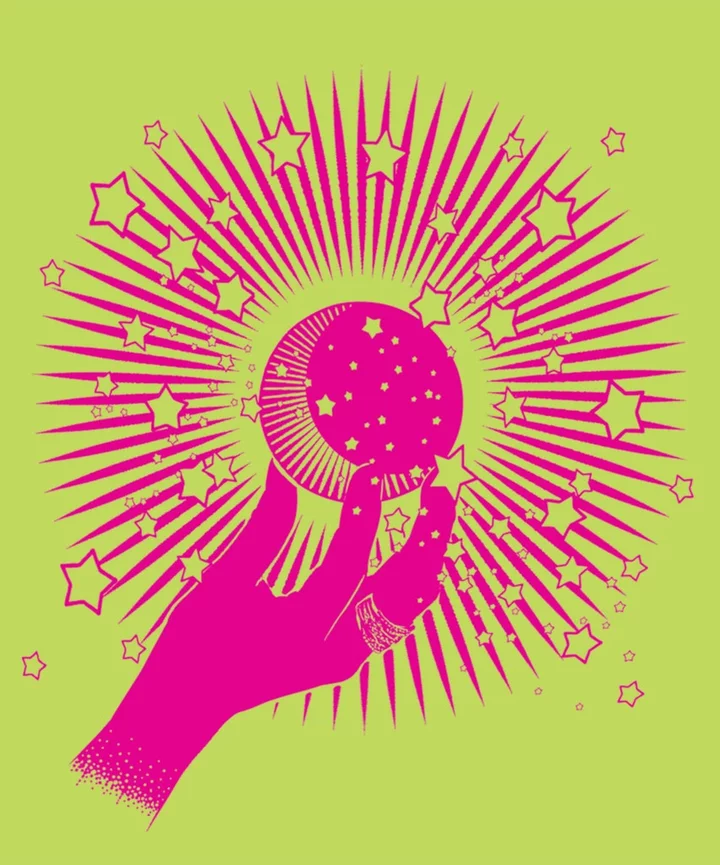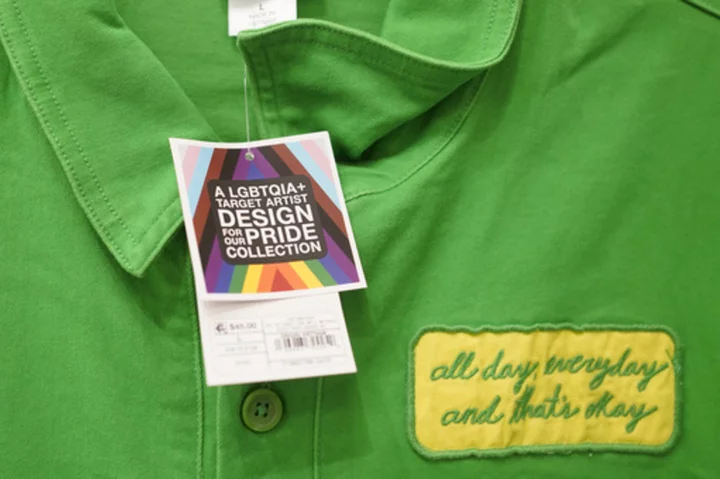
Japan: Okinawa port turns blood red after beer factory leak
Okinawa's Orion Breweries has apologised but said the scarlet waters posed no health risks.
2023-06-28 16:49

Brewer Carlsberg Signs Agreement to Sell Business in Russia
Carlsberg A/S, the Danish brewer, signed an agreement to sell its operations in Russia, more than a year
2023-06-23 20:59

Blinken planning to visit China in coming weeks
US Secretary of State Antony Blinken is expected to travel to China in the coming weeks, two US officials and a source familiar with the matter told CNN, as the two countries work to reset normal relations amid what has been an extremely tumultuous and tense year in the relationship.
2023-06-07 00:21

Salary Story: I’m A Recruiter Making $113k & This Is My Biggest Negotiation Regret
In our series Salary Stories, women with long-term career experience open up about the most intimate details of their jobs: compensation. It’s an honest look at how real people navigate the complicated world of negotiating, raises, promotions and job loss, with the hope it will give young people more insight into how to advocate for themselves — and maybe take a few risks along the way.
2023-10-03 19:58

Watch: Carlos Sainz runs over loose drain cover on Las Vegas track as practice session turns to chaos
F1’s Las Vegas Grand Prix began in disastrous fashion as the first practice session on Thursday night (16 November) was abandoned due to a loose manhole cover. The session had only been going for eight minutes when Carlos Sainz’s car rolled to a stop on the Sin City strip, having suffered substantial floor damage. Onboard footage shows the moment his Ferrari, driving at speeds of over 200mph, went over the loose drain cover. Sainz veered to the side and stopped the car after the impact. A red flag was thrown and soon after, stewards announced the session would not resume. Read More Carlos Sainz breaks Netflix Cup trophy during F1 and golf crossover event Jacques Villeneuve becomes first F1 driver to get married in paddock at Las Vegas GP Luis Diaz’s father weeps in stands as his son scores days after release by kidnappers
2023-11-17 17:45

The 27 Best Rolling Luggage For A Smooth Journey
When you're not packing for a quick getaway, rolling luggage is a true travel necessity — and we're talking about four-wheel-drive suitcases that guarantee smooth travels. The thought of running to catch a flight with the bulkiness of a handheld weekender bag (or navigating a subway and/or a train) has our heads absolutely spinning (and not like a helpful pair of luggage wheels). So instead, we're here to show you where to buy the best rolling luggage.
2023-07-05 22:23

Cuban private grocery stores thrive but only a few people can afford them
Dozens of tiny grocery stores have sprung up around Cuba in recent months
2023-11-15 13:29

How To Use Perfume Layering & Astrology To Manifest Your Dream Life
My entire life, I’ve been told that manifesting is delusional — but I have to disagree. I took it personally when Ariana Grande said, “I see it / I like it / I want it / I got it”. Spending my entire life just speaking truth into power and believing that things would happen is how I’m here writing these fun little words to you — and that’s why I struggle with so many modern manifestation trends.
2023-10-26 02:50

The Gap x LoveShackFancy Collab Is Giving Rom-Com Energy
Just in time to fill your fall shopping carts, your go-to wardrobe staples are getting a touch of romance courtesy of the new Gap x LoveShackFancy collaboration.
2023-08-01 21:29

Amazon Smart Thermostat Review
Editors' Note: This is the most recent version of the Amazon Smart Thermostat. Read our
2023-06-23 01:54

Ferrari Overtakes Fiat Owner as Value Climbs Past $50 Billion
Ferrari NV’s market value has surpassed that of Stellantis NV — the auto conglomerate that contains Fiat, which
2023-05-09 21:25

'Elemental' cast on the power of being vulnerable
Mashable's UK editor Shannon Connellan speaks to Elemental stars Leah Lewis and Mamoudou Athie about
2023-06-26 22:26
You Might Like...

Marc Lasry Says Pickleball Offers Better Rate of Return Than NBA

Sec. Buttigieg looking for reductions in unruly passengers, close calls after busiest air travel summer on record

Target on the defensive after removing LGBTQ+-themed products

Asus ExpertWiFi Routers Offer Small Businesses Easy Setup, Smart Profiles

Creators are 'pleasantly surprised' by X's decent ad revenue-sharing payouts

TikTokker Grace Brinkly on influencing, thrifting, and embracing the art of detachment

Russian tour operators beg Crimea vacationers not to cancel trips following bridge attack

Bernie Ecclestone: The highs and lows of ex-Formula 1 supremo after tax fraud verdict
